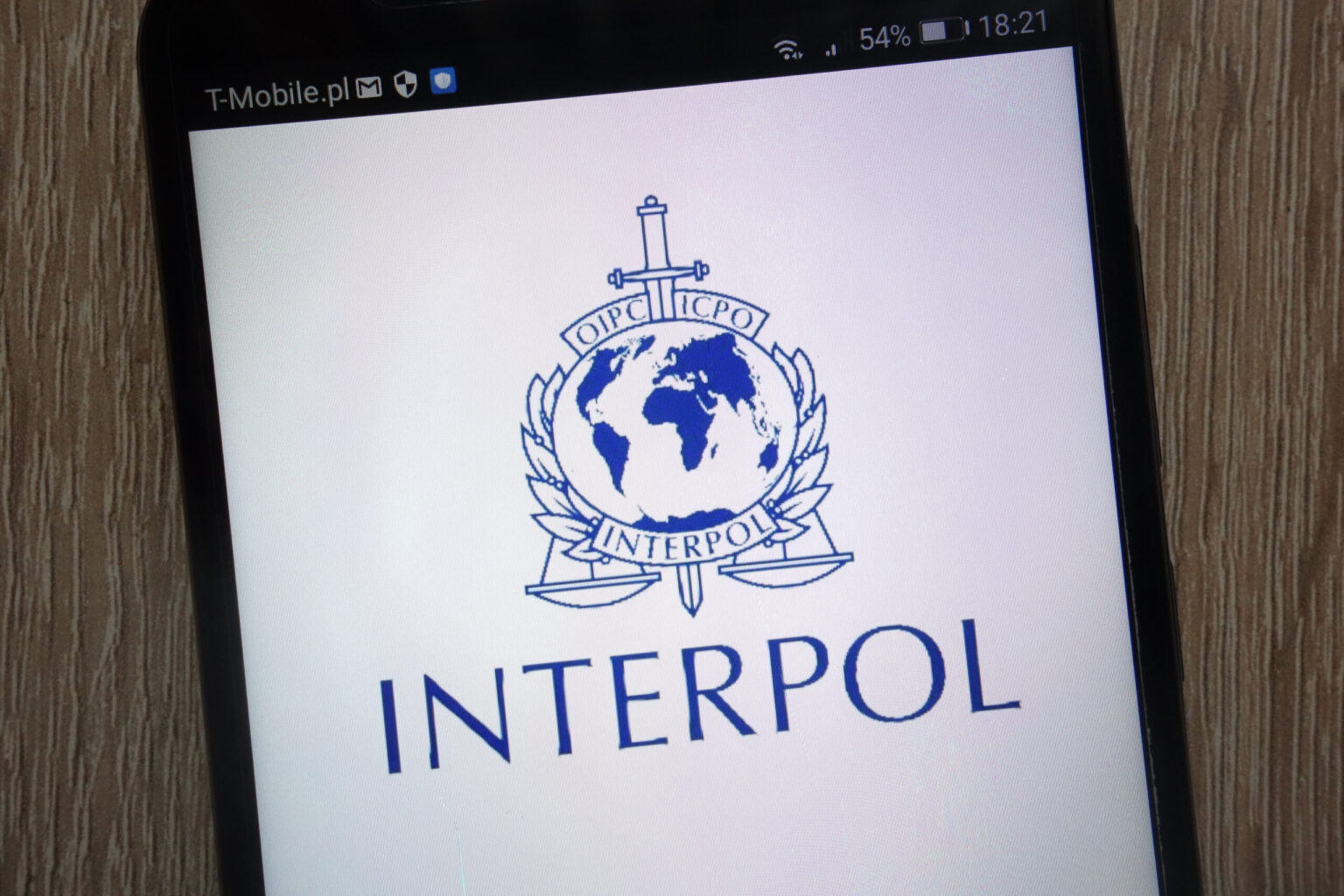Interpol’s report reveals how metaverse tools can enhance crime analysis and law enforcement, offering immersive training, virtual crime scene replication, and insights into metaverse-related crimes.
The Metaverse Expert Group produced a whitepaper that suggests that metaverse platforms may prove to be an invaluable resource for educating law enforcement personnel. The whitepaper also suggested that metaverse platforms will be useful in preserving and analyzing crime scenes.
Also Read: OpenAI Rules Out Use in Elections and Voter Suppression
Some key points were addressed. The report by the international law enforcement organization, in addition, explores several facets of the metaverse. Also, it takes into account a range of use cases that will be of help to law enforcement organizations worldwide.
The cybercrime investigation and metaverse, additionally, are also highlighted in the document. This is discussed alongside the difficulties in retrieving evidence from servers, engines, platforms, and virtual asset analytics.
Several guidelines and proposals to prevent the abuse of metaverse platforms while utilizing the platforms as a tool, however, were produced. The working group was founded in October 2022.
Interpol releases report on Metaverse as a law enforcement tool, ‘Metacrime’ https://t.co/FQaWouxIM5
— Police1 (@PoliceOne) January 20, 2024
Interpol’s whitepaper
What does the whitepaper reveal? Interpol’s whitepaper emphasizes that the metaverse can be used to preserve and analyze crime scenes as well as train law enforcement officers. Using immersive training environments within the metaverse, it imagines frontline policing to be improved by improved coordination and reaction efficacy across a range of scenarios.
One creative application is making virtual crime scene replicas for use on metaverse platforms. This method makes extensive cross-examination of evidence possible by granting investigators unrestricted access to and analysis of crime sites. This technology additionally allows jurors and judges to digitally tour crime sites, thereby improving their comprehension of case circumstances and specifics.
Significantly, the importance of augmented, virtual, and extended reality tools for improving law enforcement and investigations is also highlighted in the paper. These technologies, consequently, offer investigators immersive 3D workspaces that enable them to efficiently tackle complicated knowledge challenges by utilizing spatial perception and cognition.
Interpol’s Metaverse Expert Group has released a white paper suggesting that metaverse platforms could play a pivotal role in law enforcement training and crime scene preservation and analysis
Read the full story on #MiamiCrypto #META https://t.co/9PdtatJIRQ
— Miami Crypto (@miamicryptocom) January 19, 2024
To enable efficient enforcement and platform safety, the paper also aims to clarify what crimes and damaging behaviors are in the metaverse.
What are some of the issues stated? The issues highlighted in Interpol’s white paper include nonfungible token fraud, cyber-physical attacks, child grooming, digital asset and 3D property theft, impersonation through identity theft, and stalking and sexual harassment.
Concern, moreover, over financial crimes in the metaverse has also grown. Interpol warns that as more people move into virtual worlds daily, “Metacrime” may become a bigger problem.
Investigations and forensics in the metaverse
According to Interpol, as the number of users in metaverse environments increases, these platforms will play a significant role in providing data and evidence to investigators. The legal and law enforcement sectors, as a result, must familiarize themselves with the area.
The paper states, additionally, that investigators will have to pick up skills in obtaining data from third-party service providers, recovering evidence from metaverse infrastructure, and accessing data from virtual reality headsets and haptic devices.
Due to the extent of their needs, first responders, forensic experts, and the larger criminal justice system will all need to receive training.
Interpol finds that an effective law enforcement response to metacrime would require a holistic approach incorporating multi-stakeholder participation and cross-border coordination, given that the metaverse covers various countries, dimensions, and organizations.









 and then
and then